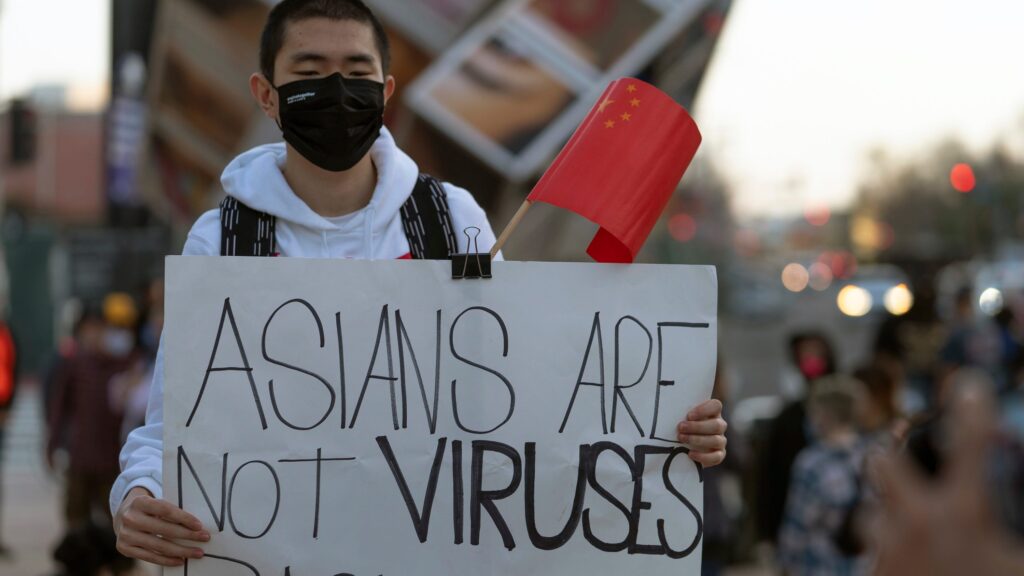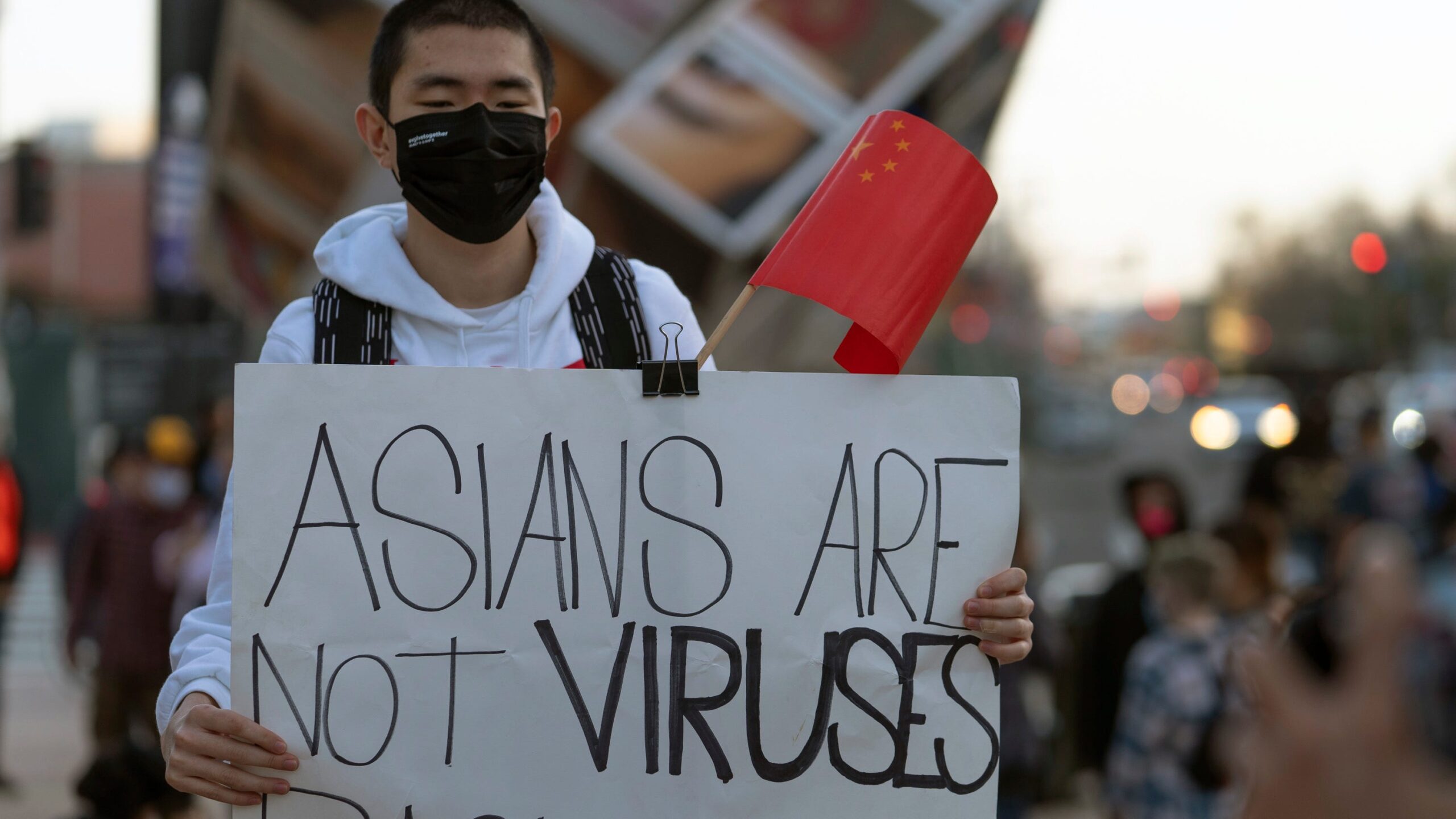
Navigating the Complexities of Humor: Why Asking to ‘Tell Me a Racist Joke’ is Problematic
The phrase “tell me a racist joke” immediately raises red flags. While humor is subjective and can be a powerful tool for social commentary, jokes that rely on racist stereotypes or target marginalized groups are inherently harmful. This article will explore why such requests are problematic, the impact of racist humor, and the importance of promoting inclusive and respectful communication.
Understanding the Harmful Nature of Racist Jokes
Racist jokes, at their core, perpetuate negative stereotypes and reinforce discriminatory attitudes. They often trivialize the experiences of individuals and communities who have historically faced oppression and marginalization. The supposed humor derives from demeaning or mocking someone based on their race or ethnicity, which is never acceptable.
The problem isn’t just about being “politically correct.” It’s about recognizing the real-world impact of words and the potential for seemingly harmless jokes to contribute to a hostile and discriminatory environment. When someone asks to “tell me a racist joke,” they are, consciously or unconsciously, signaling a willingness to engage in humor that normalizes prejudice.
The Impact on Individuals and Communities
The impact of racist jokes extends far beyond a fleeting moment of laughter. These jokes can contribute to feelings of isolation, alienation, and even fear among members of targeted groups. They can reinforce negative self-perceptions and undermine individuals’ sense of belonging. Over time, the cumulative effect of exposure to racist humor can have a significant and detrimental impact on mental health and well-being.
Consider the message conveyed when someone hears a joke that plays on stereotypes about their race or ethnicity. It suggests that they are seen as less intelligent, less capable, or less worthy of respect. This can lead to feelings of shame, anger, and resentment. Furthermore, it can create a climate of distrust and animosity between different racial groups.
Why the Intent Doesn’t Justify the Impact
A common defense of racist jokes is that they were “just a joke” and that no harm was intended. However, the impact of a joke is not determined by the intent of the person telling it. Even if someone genuinely believes they are being harmless or funny, the effect on the listener can be deeply damaging.
The phrase “tell me a racist joke” often lacks awareness of the historical context and power dynamics at play. Jokes that target historically marginalized groups carry a weight of historical oppression and systemic inequality. They are not simply innocent observations; they are often rooted in centuries of prejudice and discrimination.
The Role of Power and Privilege
It’s also important to consider the role of power and privilege in the context of racist humor. Those who belong to dominant racial groups often have the privilege of not having to experience the effects of racism firsthand. They may be less aware of the subtle ways in which racist jokes can perpetuate harmful stereotypes and reinforce existing inequalities. Asking to “tell me a racist joke” can be a sign of this lack of awareness.
Conversely, individuals from marginalized groups are often subjected to racist humor on a regular basis. They may feel pressured to laugh along or to downplay the impact of the joke in order to avoid conflict or further discrimination. This can be incredibly draining and emotionally taxing.
The Importance of Promoting Inclusive Humor
Instead of seeking out racist jokes, we should strive to promote inclusive humor that brings people together rather than divides them. Inclusive humor is funny without relying on stereotypes or targeting marginalized groups. It celebrates diversity and promotes understanding and empathy.
There are countless ways to be funny without resorting to racism. Observational humor, self-deprecating humor, and absurdist humor are just a few examples. The key is to be mindful of the potential impact of our words and to choose humor that is respectful and inclusive.
Examples of Inclusive Humor
- Observational humor: This type of humor draws on everyday experiences and observations about the world around us. It can be funny because it’s relatable and insightful.
- Self-deprecating humor: This involves making fun of oneself in a lighthearted and humorous way. It can be a great way to build rapport and show that you don’t take yourself too seriously.
- Absurdist humor: This type of humor relies on the unexpected and the illogical. It can be funny because it’s surprising and nonsensical.
The Responsibility of Comedians and Storytellers
Comedians and storytellers have a particular responsibility to be mindful of the potential impact of their words. They have the power to shape public opinion and to influence how people perceive different groups. While freedom of expression is important, it should not come at the expense of perpetuating harmful stereotypes or promoting discrimination.
Many comedians are now actively working to create more inclusive and socially conscious humor. They are using their platforms to challenge prejudice and to promote understanding and empathy. This is a positive trend that should be encouraged and supported. Asking to “tell me a racist joke” undermines this progress.
Moving Beyond Racist Humor
Ultimately, moving beyond racist humor requires a shift in mindset. It requires us to be more aware of the impact of our words and to be more mindful of the experiences of others. It also requires us to be willing to challenge our own biases and prejudices. Instead of seeking out jokes that perpetuate stereotypes, we should strive to create a more inclusive and respectful society where everyone feels valued and respected.
If someone asks you to “tell me a racist joke,” consider using it as an opportunity to educate them about the harmful nature of such humor. Explain why jokes that target marginalized groups are not funny and why it’s important to promote inclusive communication. You can also suggest alternative forms of humor that are both funny and respectful.
The Ongoing Need for Education and Awareness
The conversation surrounding racist humor is an ongoing one. There is still a need for greater education and awareness about the impact of such humor and the importance of promoting inclusive communication. By challenging racist jokes and promoting respectful dialogue, we can create a more just and equitable society for all.
Instead of asking someone to “tell me a racist joke”, why not ask them to share a joke that made them laugh recently, without punching down on any particular group? This encourages positive and inclusive humor. [See also: The Power of Inclusive Language] It’s crucial to remember that humor should bring people together, not tear them apart. The casual request to “tell me a racist joke” can have far-reaching negative consequences, contributing to a culture of prejudice and discrimination. Let’s strive for humor that uplifts and unites, rather than divides and demeans. Choosing to avoid “tell me a racist joke” requests is a step towards a more respectful and understanding society.
The impact of phrases like “tell me a racist joke” extends beyond the immediate context. It contributes to a broader societal normalization of prejudice. Therefore, consciously choosing to reject such requests and promote inclusive alternatives is essential in fostering a more equitable world. It’s not about being overly sensitive; it’s about recognizing the inherent dignity and worth of every individual, regardless of their race or ethnicity. Saying no to the request “tell me a racist joke” is a small but significant act of resistance against the perpetuation of harmful stereotypes.
Ultimately, the goal is to move beyond a culture where “tell me a racist joke” is even considered acceptable. This requires ongoing education, open dialogue, and a commitment to challenging prejudice in all its forms. By promoting inclusive humor and fostering a culture of respect, we can create a world where everyone feels valued and respected.

